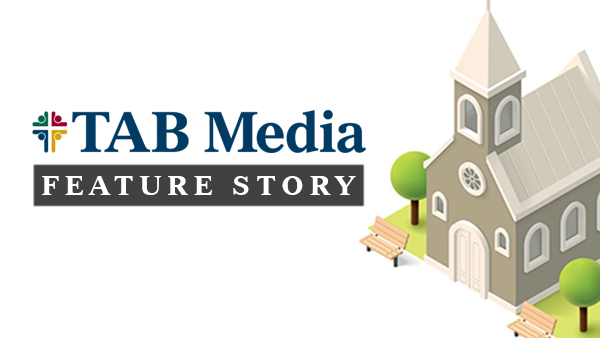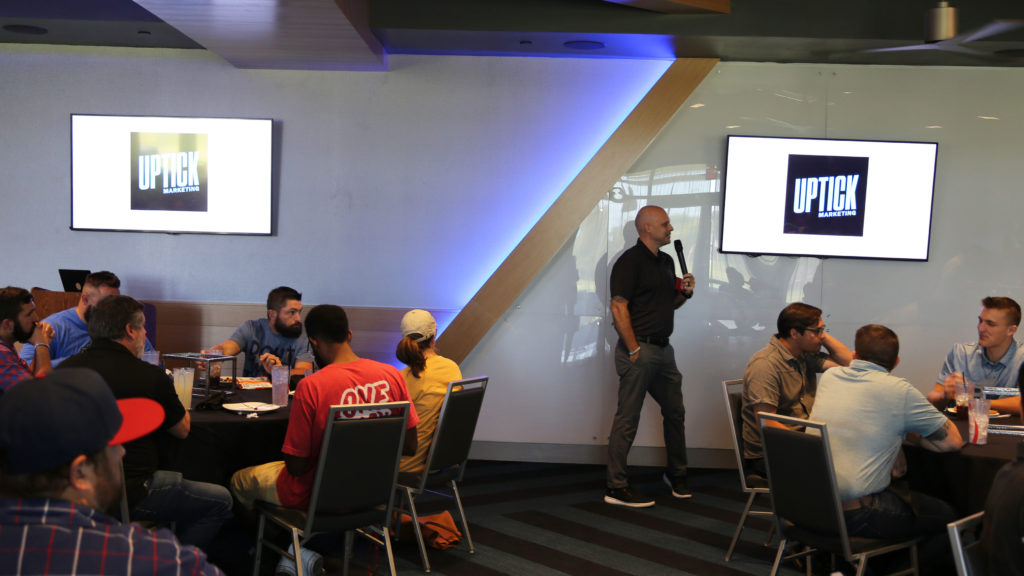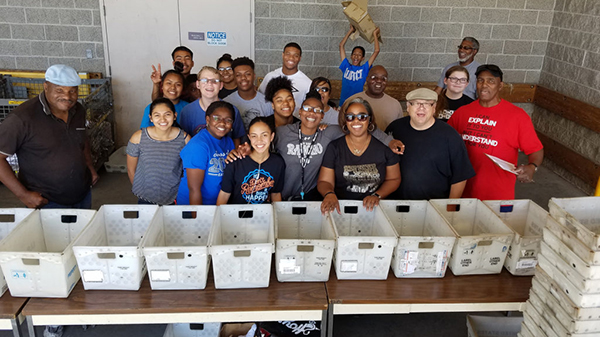By Denise George
Correspondent, The Alabama Baptist
After many weeks of obeying “shelter in place” laws, staying home, taking our children out of school, not meeting friends in restaurants for meals, not attending worship services in our church buildings and leaving our places of employment to work at home, Alabamians are gradually rejoining society and getting somewhat back to normal life.
On April 28, Alabama Gov. Kay Ivey presented her “safer at home” plan. “We look forward to easing back into our routines with caution,” she said. “This is a step in the direction of getting things back to normal.” But such a task will be “challenging,” she added
The COVID-19 quarantine has seriously hurt our state’s economy, some businesses having to close their doors forever. People are tired of staying at home, and are ready and restless to resume life, returning to jobs and society.
But the virus isn’t slowing down. On April 30, the day Alabama’s new guidelines went into effect, the United States saw 26,512 new cases of COVID-19 and 2,552 more deaths, according to the CDC.
Even though Alabama is keeping many precautions in place, the new guidelines are proceeding gradually to prevent future infectious outbreaks. This means maintaining a six-foot distance, “attending” worship services through online technology instead of inside church buildings and limiting most activities outside the home.
The greatest challenge before us
What is one of the greatest challenges Alabama’s Christians face as we try to resume some sense of normality? In the midst of COVID-19, how can we protect our most vulnerable members of society — those most at risk from the disease?
“Our response to this epidemic must encompass … those whom society often neglects or relegates to a lesser status … otherwise it will fail,” Michelle Bachelet, the U.N. High Commissioner for Human Rights, stated during a session of the U.N. Global Compact Academy.
While Congress is considering broad national proposals for protecting our nation’s most vulnerable, there are many things we can do on an individual level, as we seek to follow God’s word, and as we strive, as followers of Christ, to serve others during this pandemic.
How Christians can serve the most vulnerable
- We can educate ourselves, researching coronavirus, learning how it spreads, its symptoms, suggested treatments, etc., then share our findings intelligently with others most at risk.
- We can investigate national, state and local resources, helping put the sick and vulnerable in touch with those organizations and agencies that can help.
- We can obey Alabama’s new guidelines, as we help to slow and stop the spread of the virus, even though it is often personally inconvenient and disrupts our own healthy lives. Scripture urges us to “serve one another humbly in love,” not using our freedom “to indulge the flesh” (Gal. 5:13).
- With so many people out of work, we can help family and church members, friends and neighbors by offering financial assistance so they can afford healthy food, keep up with regular bills and avoid daily financial anxiety. Scripture tells us to “share with the Lord’s people who are in need …” (Rom. 12:13).
- We can agree to practice frequent hand-washing, mask-wearing, and use common sense to avoid infecting society’s most vulnerable. “The health of every person is linked to the health of the most marginalized members of the community,” Bachelet stated.
- We can check on the vulnerable, the sick, those with special physical/mental/emotional/spiritual needs through phone calls, Facebook, email and other technology, making sure they are well, safe, and have their most urgent needs met, as we take seriously God’s Word to “use whatever gift you have received to serve others, as faithful stewards of God’s grace …” (1 Pet. 4:10).
- For those struggling financially, we can provide face coverings, soap, hand sanitizer, etc. We can order meals for families, having them delivered from restaurants that continue to offer food for takeout or delivery.
- We can pray constantly for those at higher risk of sickness, telling them we are lifting them up to the Lord in prayer, encouraging them to pray, be hopeful and stay vigilant in their struggle to care for themselves, their children and other family members
- We can pray diligently for, and express our appreciation to, those who must continue to serve the public, even at risk to their own health: sanitation workers, postal carriers, caregivers, medical staff, nursing home employees, food suppliers and many more.
Never before have Alabama Baptists been given such unique opportunities to step up to the challenges COVID-19 has wrought upon the state’s most vulnerable citizens. It’s the perfect time to show the world God’s amazing love in action.
Alabama’s New Statewide Guidelines (In effect from April 30 to May 15, 2020)
- Minimize travel outside your home, especially if you’re sick or infected.
- Wear face coverings when you leave home.
- Wash hands frequently with soap and water or hand sanitizer.
- Refrain from touching your face.
- Be courteous. Sneeze and cough into a tissue or the inside of your elbow.
- Disinfect items and surfaces frequently.
Who Are the Most Vulnerable Alabamians?
- Senior citizens: Individuals 65 years and older.
- People with serious underlying health conditions (high blood pressure, diabetes, obesity, asthma, chronic lung disease, compromised immune systems).
- People who have tested positive for COVID-19.
Helpful Resources
- For general COVID-19 questions, call 800-270-7268 or email COVID19info@adph.state.al.us. (Telephone calls are answered from 7 a.m. to 9 p.m. daily. Interpreters are available.)
- For frequently asked questions and to check symptoms, visit the COVID-19 Information Hub at COVID19.alabama.gov.
- Any person requiring assistance while under quarantine may contact Alabama Voluntary Organizations Active in Disaster, http://alvoad.communityos.org/cms.






Share with others: